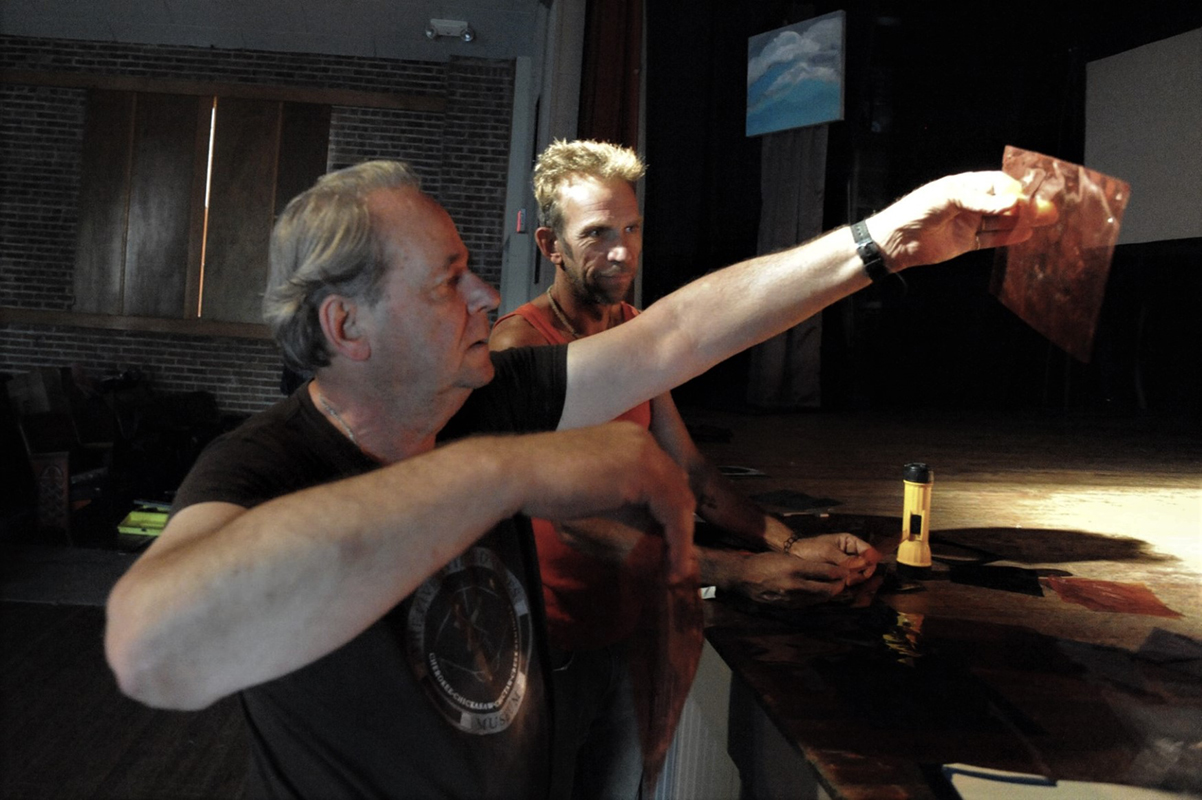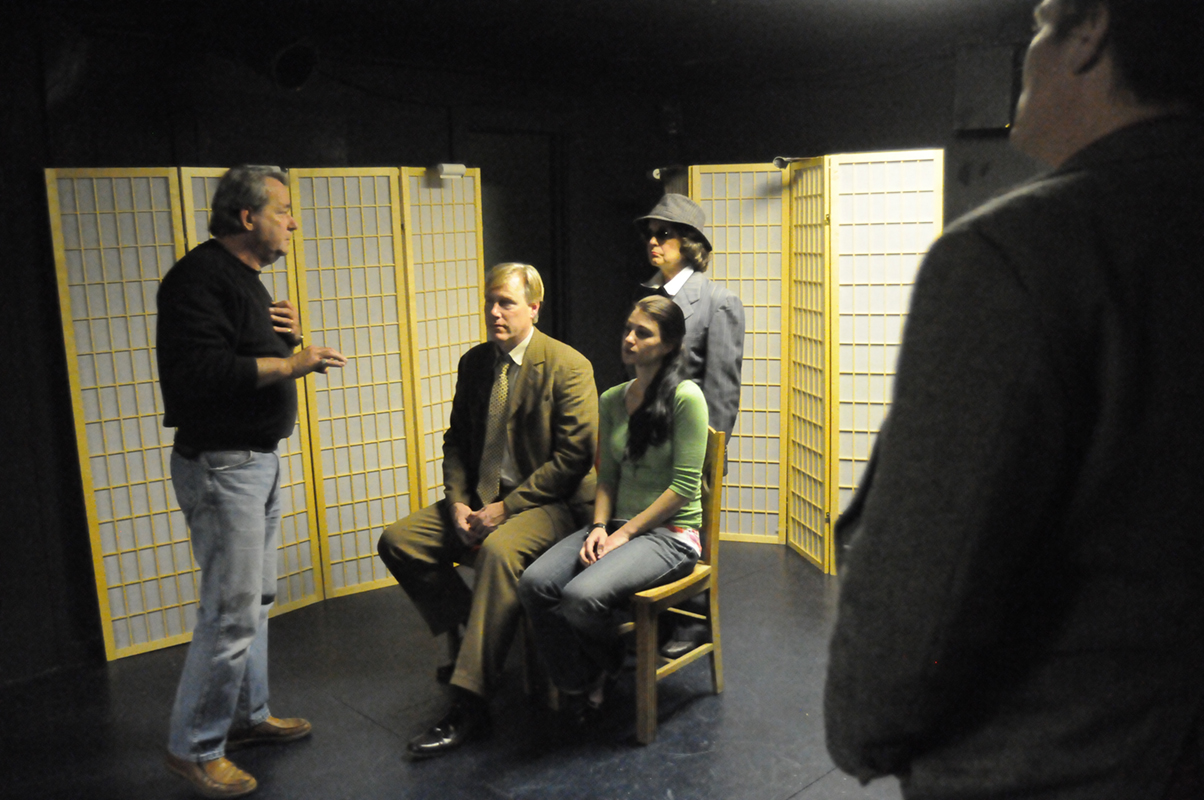Three Theatres
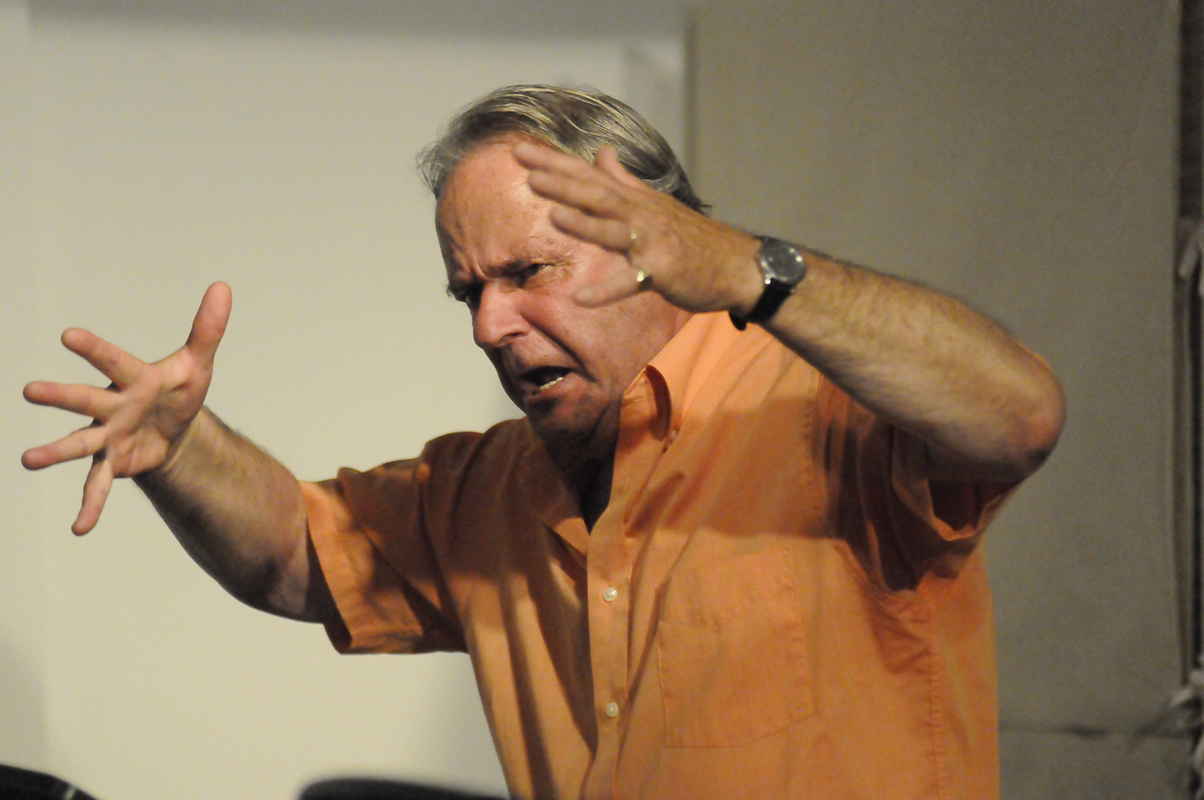
photos: Ted Waddell
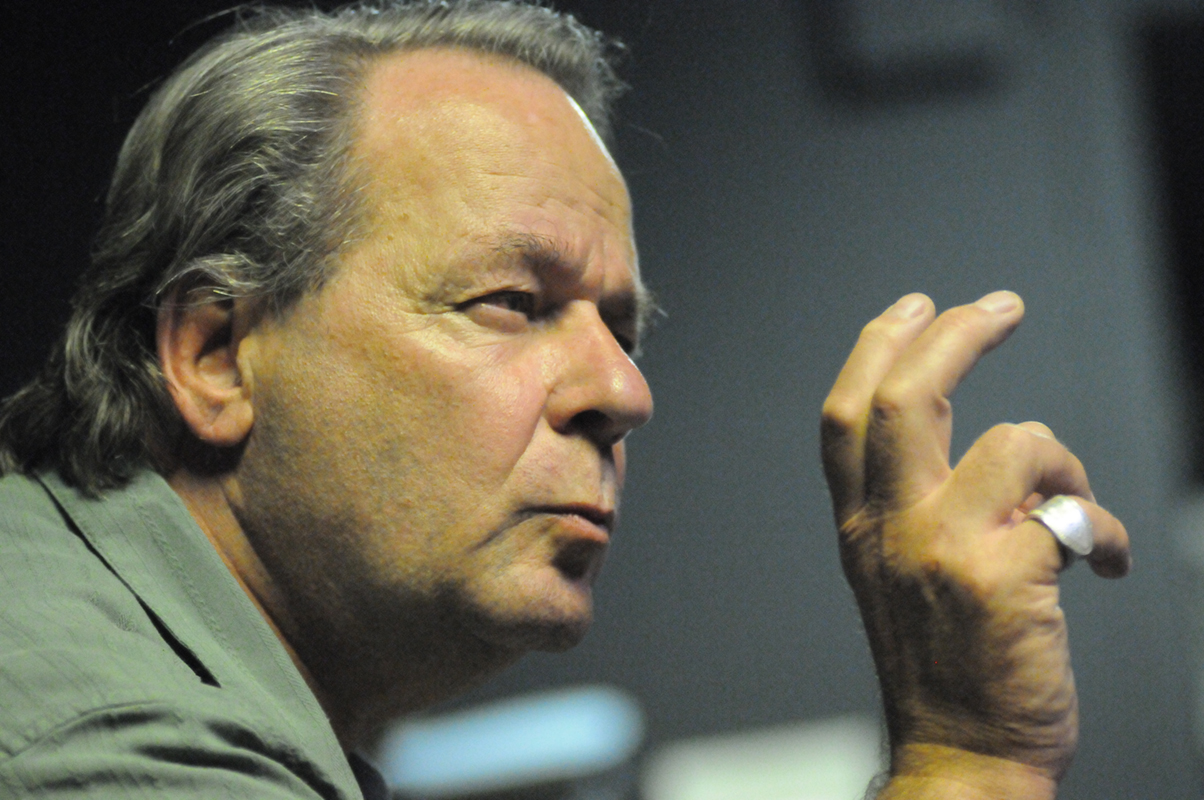
Over the course of his long career in the theatre Paul Austin has been the Founder and Artistic Director of three theatres.
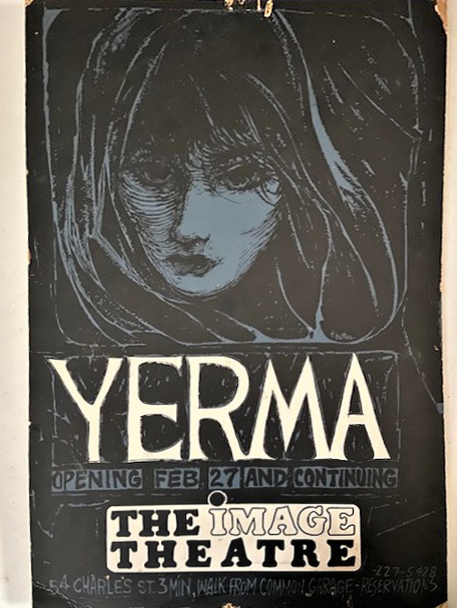
The Image Theatre, Boston
Fresh from two seasons of summer stock in Montana and Maine, Austin founded The Image Theatre on Boston’s Charles Street. The theatre produced 20 plays in five years, all but two directed by him. A short list includes Yerma by Garcia Lorca, Ibsen’s The Master Builder, Genet’s Death Watch, The Lady’s Not for Burning by Christopher Fry, de Ghelderode’s Escurial, Sophocles’ Antigone, and The Lesson by Ionesco. Five of the original company of seven, including Mr. Austin himself, went on to successful careers in New York and California.

The Image Theatre and Studio, New York
After establishing himself as an actor, director, and teacher in New York, Austin founded the Image Theatre and Studio, which became part of the transformation of 42nd Street into Theatre Row. He continued a busy career as actor and director as he produced special events, including plays, live music, fiction and poetry readings in the theatre and taught hundreds of actors in the studio, many of whom went on to successful careers in film and television. Producer Patricia Dailey took The Image Theatre production of Sam Shepard’s Curse of the Starving Class from its Off-Off Broadway home to Off-Broadway, where it had a successful commercial run. The theatre and studio remained open to theatre artists for 21 years.

The Liberty Free Theatre, Liberty, NY
After he and his wife, the novelist Rilla Askew, moved to Sullivan County in New York’s Catskill Mountains, Austin founded the Liberty Free Theatre in the town of that name. The once flourishing county had been suffering hard times for thirty years and he set out to offer the community a first-rate theatre that would be free and true to its motto, everyone welcome, always. The theatre presented playwrights such as Beckett, Albee, Havel, and Pinter, among others, to local audiences. In ten years, the Liberty Free Theatre operated solely on voluntary donations as it produced nearly 100 events of plays, music, fiction, and poetry.
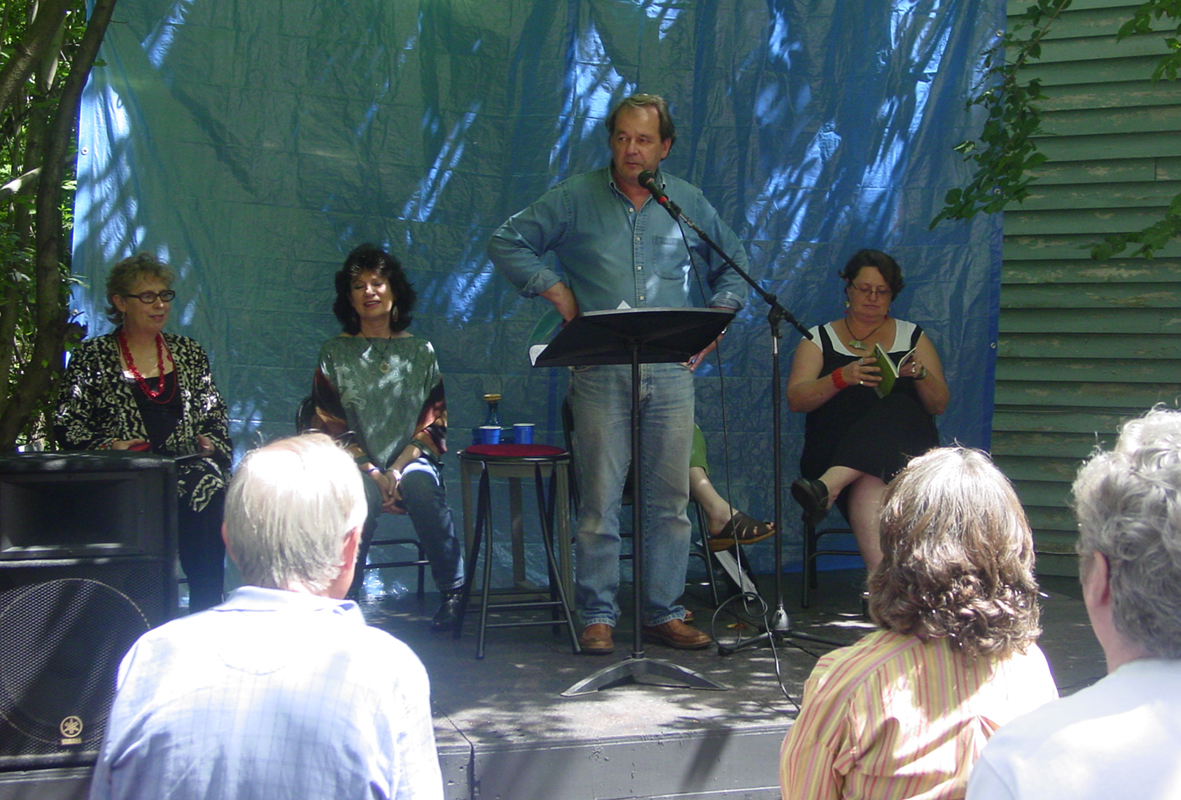
photos: Ted Waddell
